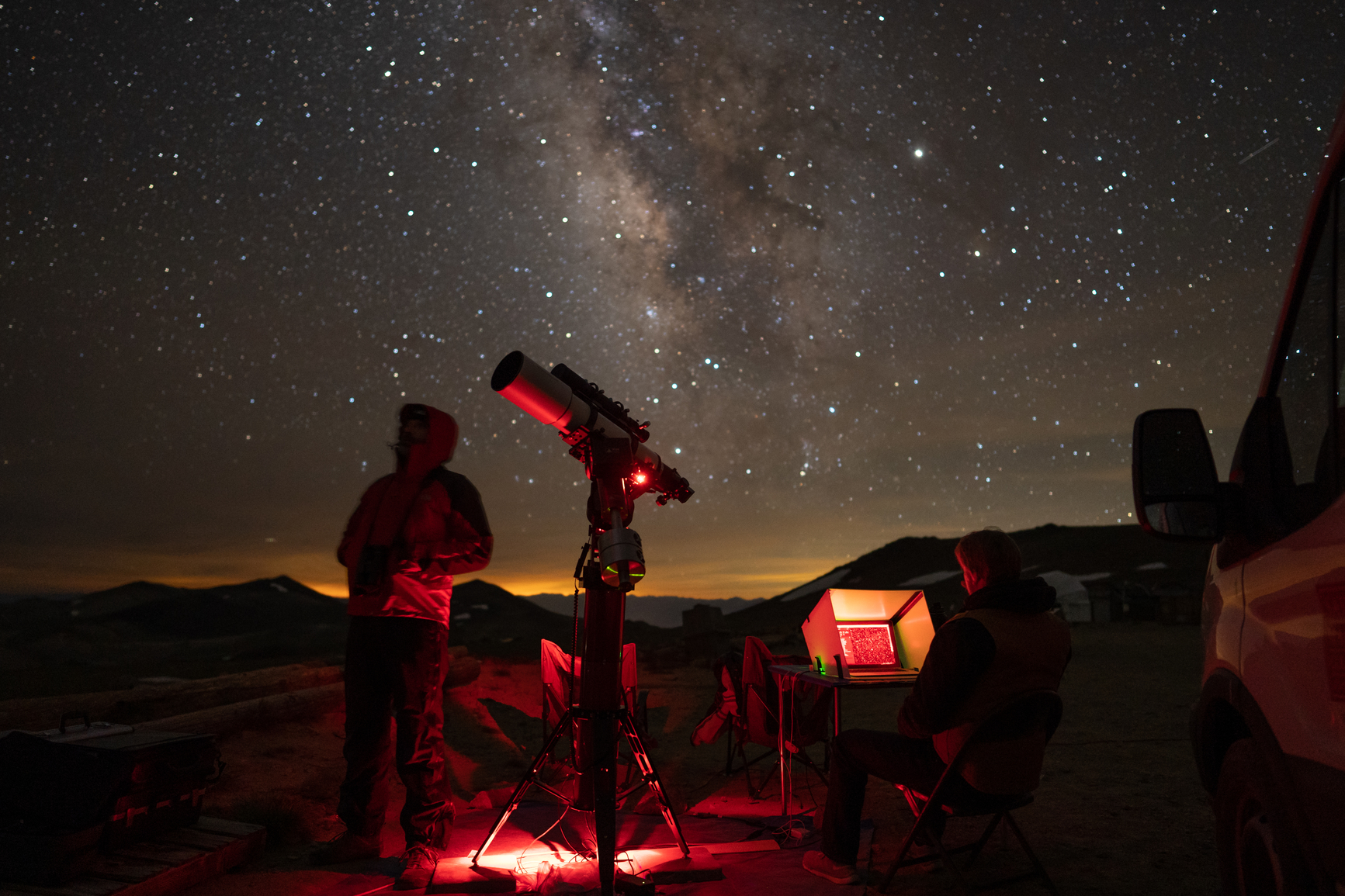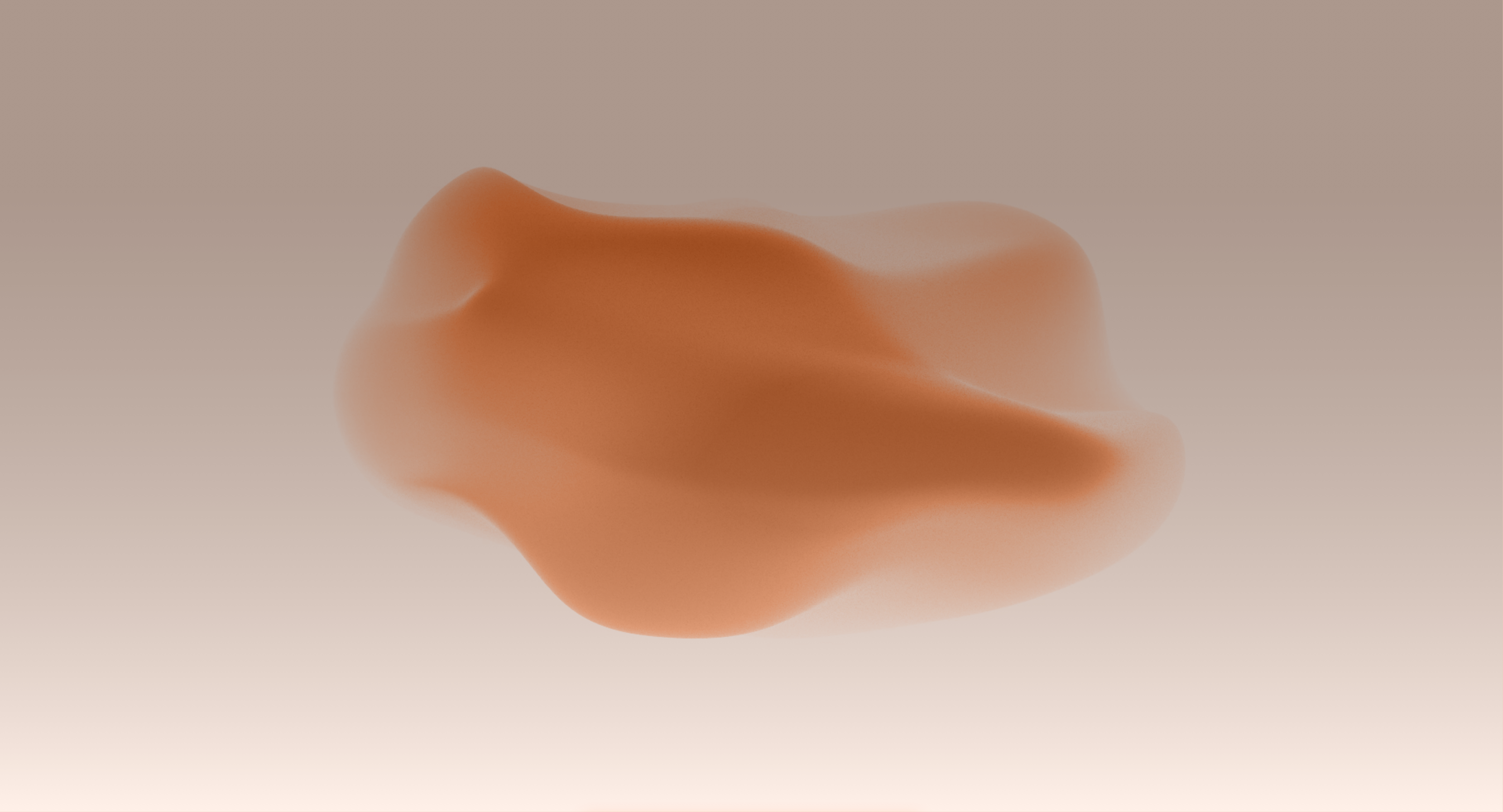Building Cosmic Explorer: Where Science Meets Community

September 2024
NORC is working with the University of Arizona to help select the location of a gravitational-wave observatory so people of diverse backgrounds can live and thrive while helping us to better understand deep space.
Astronomy takes place in community, and if we are going to have successful, scientific astronomy, it can only be built upon a solid social foundation.
Cosmic Explorer is a planned gravitational-wave observatory, 40 kilometers by 20 kilometers in size. Cosmic Explorer will help to determine the nature of the densest matter in the universe and reveal the universe’s binary black hole and neutron star populations throughout cosmic time.
However, the observatory will not succeed if real human beings, from a diverse and wide-ranging set of backgrounds (including national identity, sexual identity, gender identity, and racial identity) do not feel safe to live near and work on this monumental project.
NORC is working with the University of Arizona to help find a location for Cosmic Explorer where people will feel safe, included, well-resourced, and socially connected, as they use some of humanity’s most sophisticated tools to peer into the depths of our universe. To do this, we are pulling data from numerous geocodable sources to map the social landscape of the continental United States. As part of this effort, we are engaged in an innovative form of small-area estimation that uses some of NORC’s high-quality data products—especially the General Social Survey—to estimate the social landscape of the United States down to the smallest possible geographic scale. Our work will also be crucial for the University of Arizona team in partnering with Indigenous communities and local governments to ensure the benefits of this project are shared by all.
The project has special significance for me because I’m interested in all aspects of science as they overlap with, and complement, the contributions of social science. Cosmic Explorer demonstrates that the value of social science need not be limited by national borders or even planetary atmospheres. And that if we are to hear the music of the stars, we must do so from theaters that we construct with our neighbors.
Main Takeaways
- Scientists of every background and identity deserve to feel safe, included, and socially supported in their work, and the best scientific work occurs under these conditions.
- Based on these principles, NORC partnered with the University of Arizona to identify the best location for a deep-space observatory.
- NORC is applying small-area estimation in an innovative way and using in-house data products like the General Social Survey to help with this work.
Policy Implications
Social landscapes, including differences in safety, social connection, and attitudes, should be considered in where and how America builds its most ambitious projects.
Suggested Citation
Iveniuk, J. (2024, September 20). Deep Space Seen by Community. [Web blog post]. Retrieved from www.norc.org.







